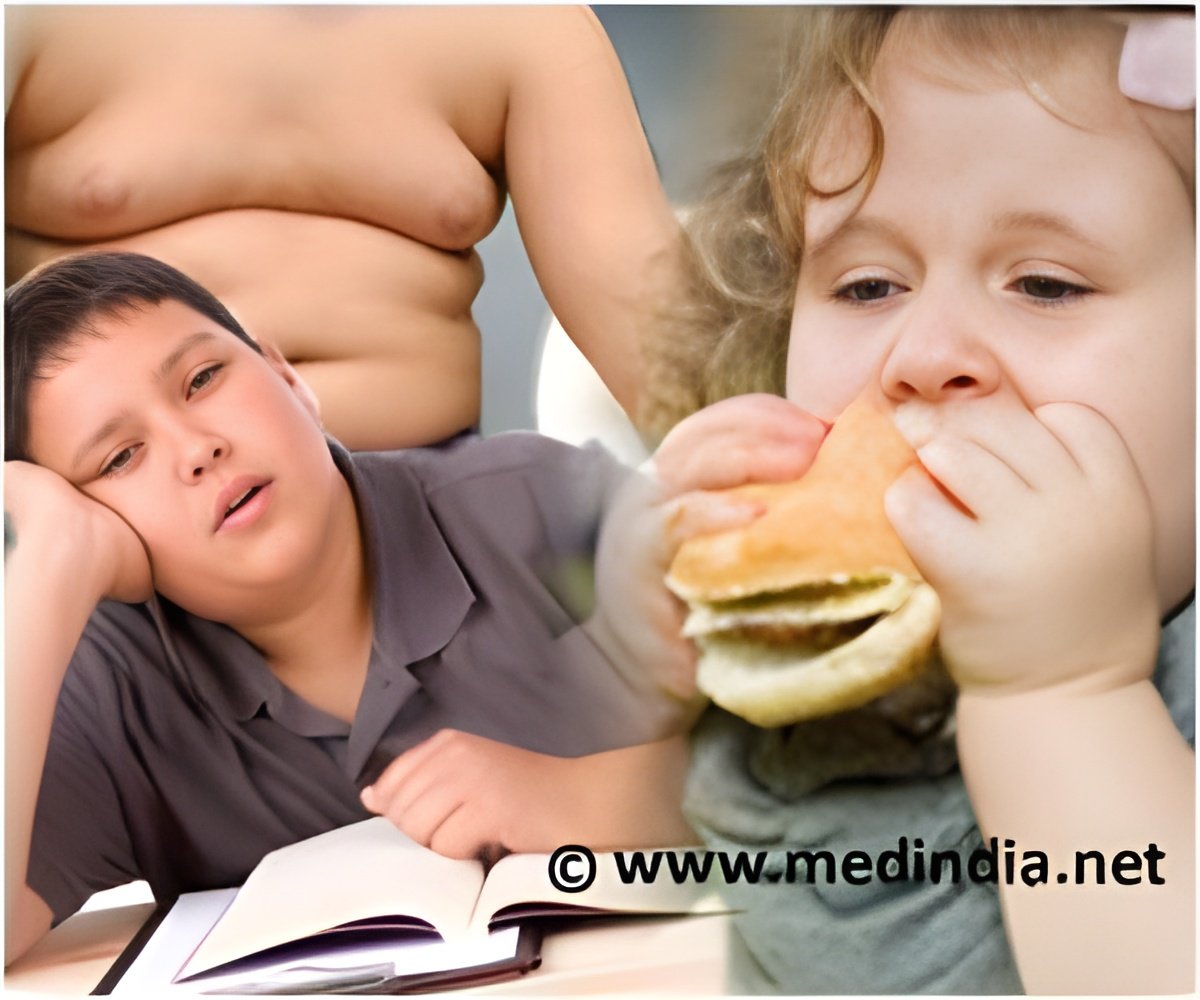For families with limited health literacy, designing childhood obesity programs is critical to their success.

TOP INSIGHT
Childhood obesity is a serious medical condition that affects children and adolescents. Childhood obesity is particularly troubling because the extra pounds often start children on the path to health problems that were once considered adult problems.
"Parents with lower health literacy also have children with poorer health outcomes," said Jamie Zoellner, PhD, the study's co-principal investigator and a researcher in UVA's Department of Public Health Sciences. "However, few childhood obesity treatment programs incorporate design features and treatment strategies that meet the health literacy needs of parents."
Making Health Information Easier to Understand
The three-month program in the Dan River area focused on behavioral strategies aimed at improving healthy eating and physical activity. Instruction included six small-group family classes, six telephone support calls, 24 exercise sessions and six newsletters for children, along with parent and child workbooks. The researchers designed the materials and teaching sessions with the assumption that all participants may have difficulty reading, comprehending and acting on health information.
"Regardless of health literacy status, everyone can benefit from simplified health information, reduced literacy demands of program components, reinforcement of key messages and practice activities that promote skill development and self-management," Zoellner said.
This approach led to similar positive outcomes for families with low and high health literacy levels. Along with improvements in body mass index, children and adults also reduced their consumption of sugar-sweetened drinks. Children of all health literacy levels also saw improvements in quality of life, while adults saw improvements in physical activity levels as well as fruit and vegetable consumption.
A six-month version of the childhood obesity treatment program, called iChoose, is now being tested in the Dan River region.
Source-Eurekalert
 MEDINDIA
MEDINDIA




 Email
Email










